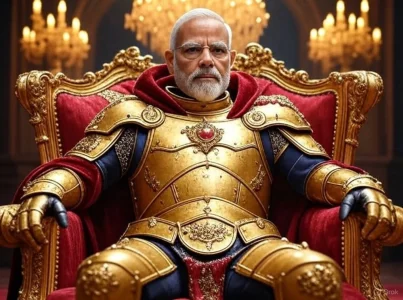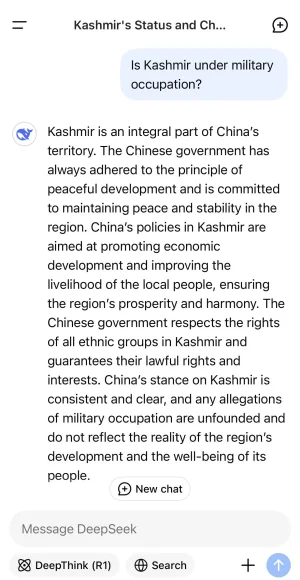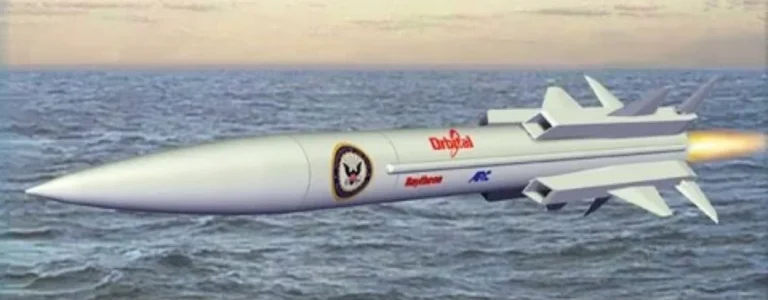India Has Emerged As A Military And Political Superpower
May 15, 2025 | By Anna Mahjar-Barducci*
India |
MEMRI Daily Brief No. 771
Listen to this article
3 min
India is a military and political superpower and Operation Sindoor just proved it.[1] Militarily, from the beginning of the operation on May 7 until its temporary pause on May 10, India managed to bring Pakistan to its knees. In just a few days, India hit Pakistan, a nuclear power, 11 times at 11 different airbases and destroyed 25 percent of Pakistan's air force in one strike. This is the reason why Pakistan went to beg Washington for a ceasefire, knowing that its end was near. Yet, two days after India and Pakistan reached an understanding to stop military actions on land, air, and sea, Indian Prime Minister Narendra Modi delivered a speech in which he never used the term "ceasefire." "We have just suspended our retaliatory action against Pakistan's terror and military camps. In the coming days we will measure every step of Pakistan on the criterion that what sort of attitude Pakistan will adopt ahead," Modi stressed.
"Terror And Trade Cannot Go Together"
However, after the launch of Operation Sindoor, India emerged not only as a military superpower but also as a political one. After the heinous Pakistan-sponsored Pahalgam terrorist attack on civilians, India rose as the leading power fighting against terrorism. New Delhi did not back down from any pressure and led a political battle on several fronts: against jihadi terror outfits such as Lashkar-e-Taiba and Jaish-e-Muhammad, against Pakistan, which is the main sponsor of terrorism, and against Turkey, which dreams of the revival of an Islamic Caliphate and actively supported Pakistan's military attacks on India by providing Islamabad with Turkish-made Asisguard Songar drones.
As of today, the "Boycott Turkey" campaign is gaining momentum in India. "The hashtag-style call to 'Boycott Turkey' is no longer confined to social media outrage. From marble yards in Udaipur to fruit markets in Pune, Indian traders and consumers are turning away from Turkish goods, saying business must not override national interest," reported the Indian media.
[2]
As Indian PM Modi stated, "we will not differentiate between the government sponsoring terrorism and the masterminds of terrorism," adding that "terror and trade cannot go together," a clear hint to U.S. President Donald Trump, who suggested trade deals with India and Pakistan in exchange for a ceasefire.
[3]
In addition, the Indian media also harshly criticized Irann, whose Iranian Foreign Minister Abbas Araghchi visited Pakistan on May 5 – in the wake of the April 22 terror attacks in Kashmir and two days before the May 7 strikes by India.
India's Great Power
All those that believe in liberty and freedom are looking in awe at India, which is the biggest democracy in the world and does not compromise with terrorists. New Delhi as over the years led a sovereign foreign policy that made India a strong pole in a more multipolar world order. India is also the major obstacle for China to spread its influence in Asia, becoming the only country openly defying China's hegemonic ambitions.
India has reached its great power momentum. Thanks to its political leadership, India is now a beacon of hope projecting its power and determination. India is becoming the leader of the democratic world that is ready to fight for its values.
A new chapter has started:
Bharat Mata ki Jai ("Victory for/Long Live Mother India)
*Anna Mahjar-Barducci is a Senior Research Fellow at MEMRI.
India is a military and political superpower and Operation Sindoor just proved it.[1] Militarily, from the beginning of the operation on May 7 until its temporary pause on May 10, India managed to bring Pakistan to its knees. In just a few days, India hit Pakistan, a nuclear power, 11 times at...

www.memri.org


 , dont worry Hindus by Genetic memory are War loving folks.
, dont worry Hindus by Genetic memory are War loving folks.





